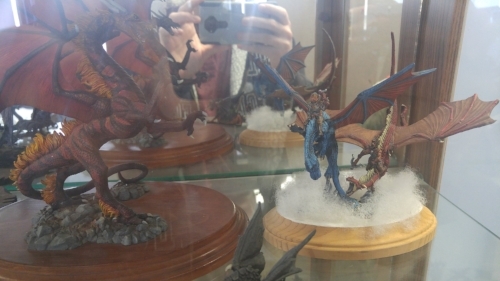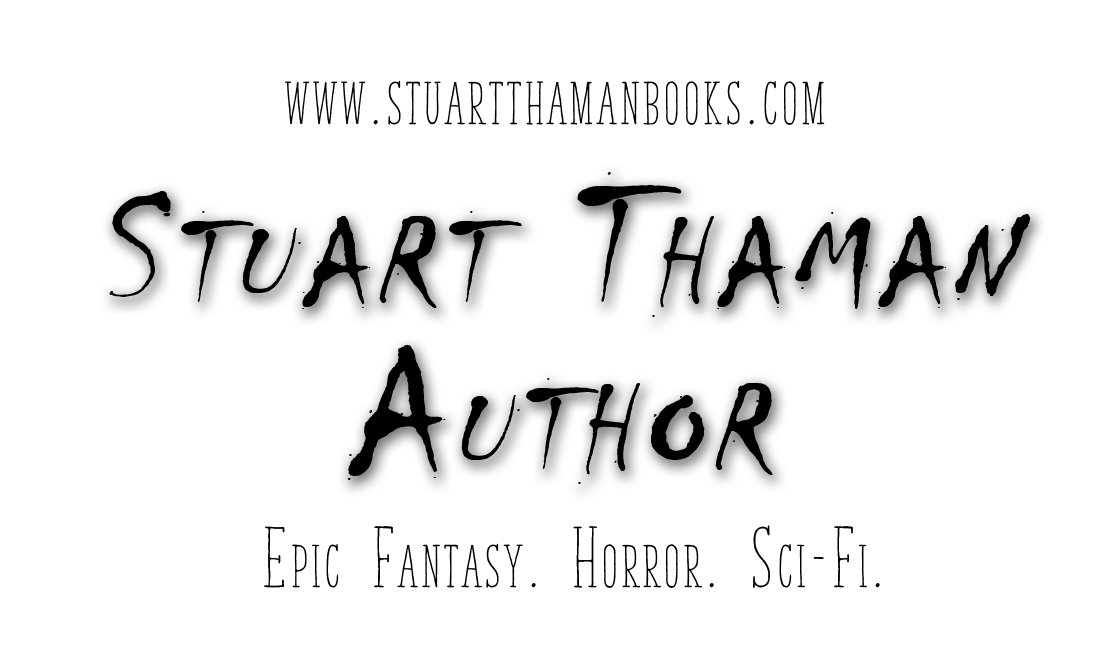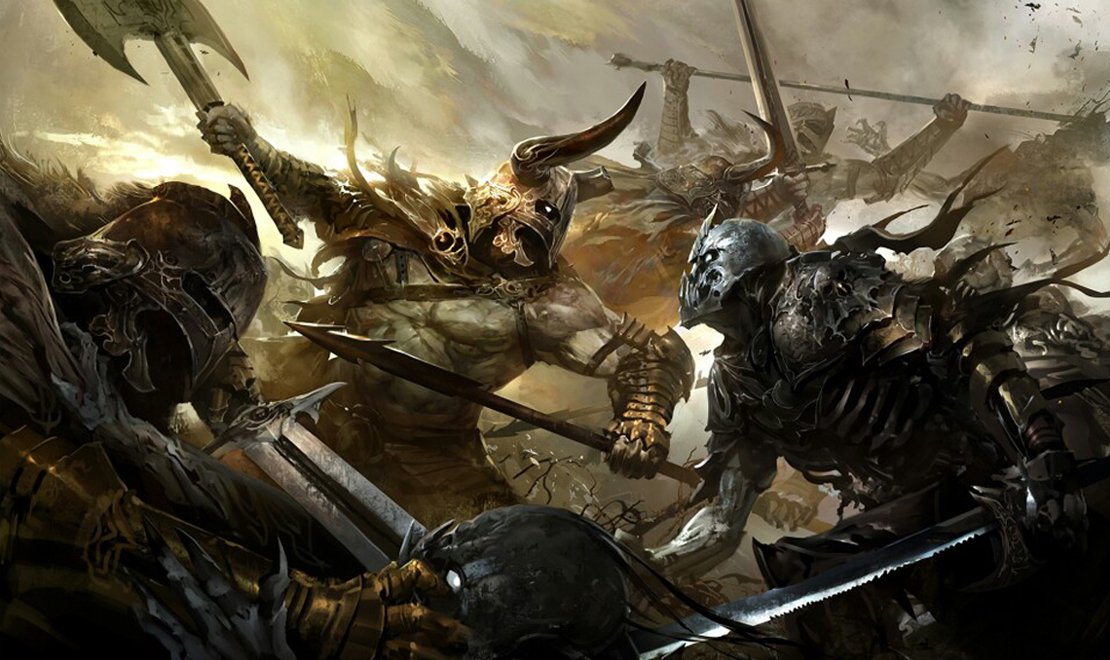Which writers do you aspire to be like, if any? Which writers give you the best inspiration?
I want to be like the working writers, the ones who get to do this full time. And by that I’m not talking the level of fame held by Stephen King, Dean Koontz, or JK Rowling (though, seriously, I wouldn’t say no to it), but if I could replace my corporate salary with writing income, I’d be golden. And since I don’t really know the salaries of my writing peers, I can’t give any definite names.
The writers that give me the best inspiration are my direct peers. You, Violet Patterson, Tim McWhorter, Brad Carter, and all of us writing in the small press arena. I think it’s a great place to be, and I think we’re writing in a critical time, not only in the industry, but also in the world. I wouldn’t want to be anywhere else, doing this with anyone else (except maybe Stephen King, you know…) but who I’m doing it with. And that is inspiration enough to keep writing, keep getting better, and to forge forward.
If Necromancer could be made into a horror movie, who would you want to direct it and why? Who would be cast as the main characters?
Oh man, that’s a hard question to answer. Necromancer is definitely dark, and while it has its horrific moments, I’m not sure I’d qualify it as a horror novel. That said, I’ve been super impressed with Antoine Fuqua’s movies over the years, and specifically, handling Torrin’s characterization would be paramount. But he did a hell of a job with Training Day.
As far as casting goes, that’s a little simpler for me. I’d give the role of Torrin to Kevin McKidd, Bobby would be played by Bradley Cooper, and I’d totally have Kevin Spacey do David Hale. I used to think Warwick Davis would be good for the Salamander, but after Game of Thrones, I’m down for Peter Dinklage. Mercury is a little younger, just under 30, and I could see Joseph Gordon-Levitt pulling him off. I suppose that leaves Mildred and Kara… Kathy Bates and Kate Winslet, respectively.
What makes horror so appealing to horror fans? Why do we like to be scared?
I think in the context of movies and literature, horror makes us feel alive, yet in the back of our heads, we know we’re safe. Nothing bad is going to happen to us, it’s going to happen to the characters in the book or on the television. Hell, I love to watch people getting killed in the movies or write about it in my books, and there’s a great sense of excitement when a movie or book gets my heart pumping, and my ears attuned to the slightest noise in my dark basement or very quiet house. But I know I can flip on a light, or turn off the slasher flick, and that’s it, it’s all over until I want it again. It’s appealing because we’re in control.
But you put me in even a mild car accident, and I’m not chomping to have another. It’s not an adrenaline rush, but rather too close for comfort. Uncontrolled fear, as in the kind I don’t actively give myself, isn’t for me.
Of course, there are those that will jump off a cliff with nothing but a shoestring and a prayer to keep them safe, so what do I really know?
In Necromancer, much of the horror comes from very realistic situations such as failing relationships set over the supernatural backdrop. How does realistic horror stack up against supernatural / fantastic horror? How do you find a balance between the real and the impossible?
For me, realistic horror is far more terrifying than anything else. The thought of losing my sons or my wife to violence, or failing them to the point where our lives are broken, is what really scares me as a human being. One of the scariest films I’ve seen in the last five years is “Compliance” and, worst part, is it’s based on true events.
And for me, it’s not so much as finding the balance between the real and the impossible, but using the impossible to exacerbate the real, make it worse than it is, and ratchet up the suspense. Let’s face it, most people (myself included) see obstacles and problems and we have a tendency to overstate their seriousness. You’ve heard the “woe is me” testimonials, and have probably given one or two in your life. That’s what the supernatural is for me. It’s that obstacle that really isn’t overstated, that thing the character can really cry pity over, and it threatens to make his real problems all that much worse. And, just like with us, that’s what it continues to be, until the character turns the corner and sees the opportunities, the solutions, and moves forward, which is what most people do after a little self-pity.
Lastly, where can we find your stuff and when is your next anticipated release?
My stuff is everywhere! People can catch me on my blog, or on the Facebook at cbryanbrown, or even Twitter @cbryanbrown. I’m up on Goodreads, too, if people are inclined to see me over there. I attend more than my fair share of conventions and events. My schedule for those is up on my blog as well. All the proper linkages are below and I encourage people to stalk me by commenting on blog posts, my Facebook page, or tweeting me.
My next release should be this year, though I don’t have an exact date… my short story, “An Unfettered Life” was picked up for the Hydra Publications Dystopian Anthology and hopefully my next novel, At Dawn They Sleep, will be out next year. That’s the second book in The Blood War Trilogy and it follows They Are Among Us.
Thanks again for having me! I appreciate the opportunity to run off at the mouth!
Blog: http://cbryanbrown.net
Facebook: http://www.facebook.com/cbryanbrown
Twitter: @cbryanbrown
Goodreads: https://www.goodreads.com/author/show/4027709.C_Bryan_Brown







































